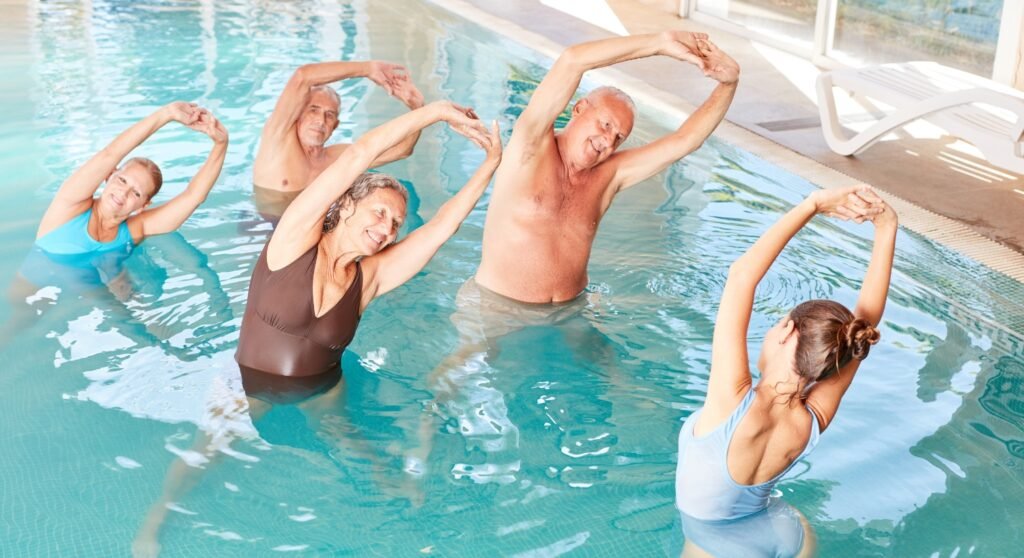Hydration for Healthy Aging: 4 Important Facts
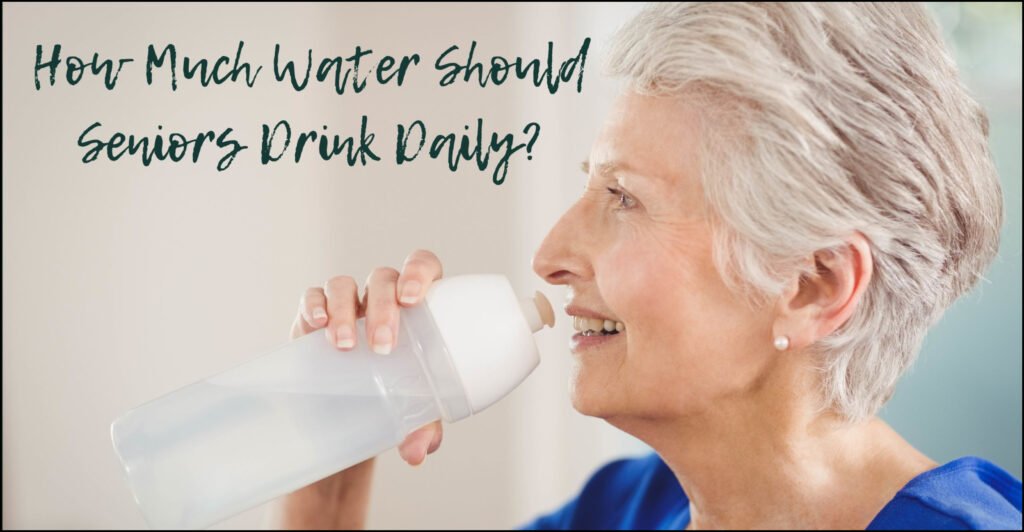
Last Updated on August 18, 2025 by Rose Ann
Aging gracefully isn’t just about maintaining a positive attitude — it’s about taking care of your body, too. One of the most overlooked aspects of healthy aging? Hydration. It’s not just about quenching your thirst — it’s about ensuring that your body has the water it needs to perform at its best, even as the years roll on. Staying hydrated can help keep your mind sharp, your skin glowing, and your joints moving without stiffness.
The Importance of Hydration for Healthy Aging
But here’s the catch: as we age, our bodies don’t always tell us when we’re thirsty. This is why it’s so important to stay ahead of the game. In this article, we’ll cover four key facts about hydration that will completely change the way you think about water and healthy aging.
By the end of this post, you’ll understand:
- How drinking enough water can improve your cognitive health, keeping you mentally sharp.
- The secret to maintaining youthful, glowing skin — spoiler alert, hydration is key!
- How hydration plays a crucial role in your joint health, helping you stay active and mobile.
- And most importantly, how proper hydration can help you live a longer, more vibrant life.
Ready to discover why water should be your best friend in the journey of aging? Let’s dive in and explore how hydration can unlock a whole new level of vitality!
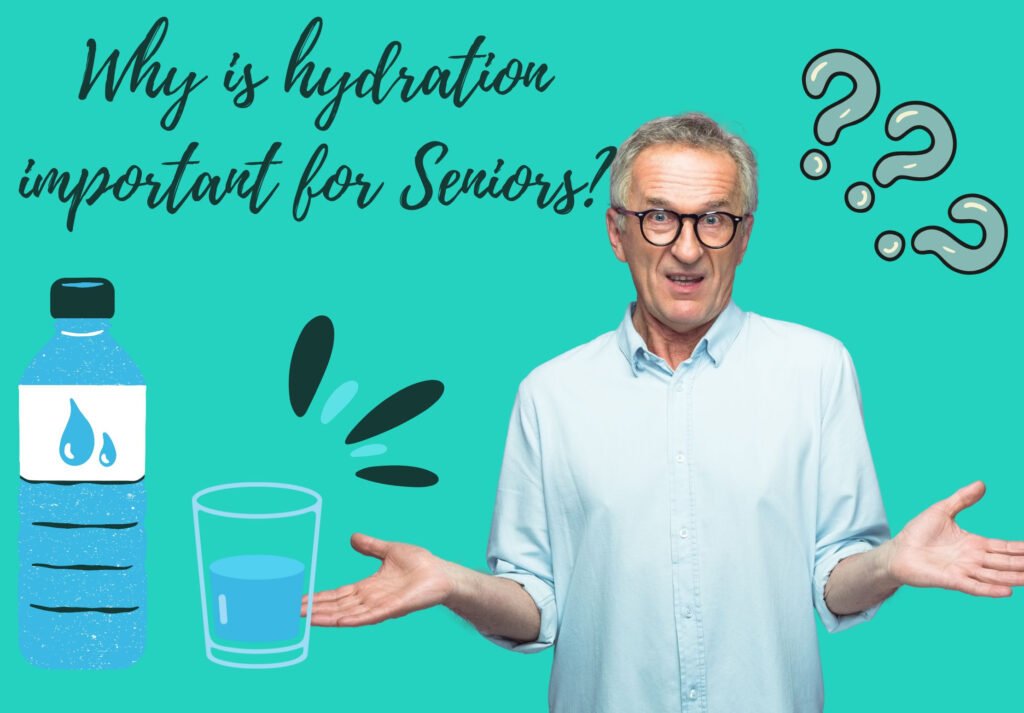
Prefer to listen rather than read?
FACT #1: Hydration and Cognitive Function
When it comes to staying sharp, there’s a surprising ally that often goes unnoticed: water. While we all know that hydration is essential for keeping our bodies running smoothly, it plays a major role in maintaining cognitive function as well. In fact, staying properly hydrated can be the key to staying mentally agile as you age.
The Impact of Dehydration on the Brain:
Studies have shown that dehydration can have a profound effect on brain function. Even mild dehydration — just 1-2% below normal hydration levels — can impair cognitive performance, affecting memory, focus, and problem-solving ability. When your brain lacks the water it needs, it struggles to process information and form memories effectively. This means that something as simple as drinking enough water could help you stay mentally sharp, especially as you get older.
But the impact goes beyond just memory. Dehydration can lead to mood swings, irritability, and difficulty concentrating. When the brain doesn’t have enough fluid to work with, it also struggles to regulate mood and emotions, leading to feelings of frustration and fatigue. A simple glass of water could be the answer to clearer thinking, better decision-making, and a more positive outlook.
The Link Between Hydration and Cognitive Decline:
Emerging research suggests that chronic dehydration may even contribute to more serious cognitive issues in the long run, including dementia and Alzheimer’s disease. One study found that individuals who were chronically dehydrated over time had a higher risk of cognitive decline compared to those who stayed well-hydrated. While more research is needed, the early signs are clear: hydration may play a preventative role in preserving cognitive health as we age.
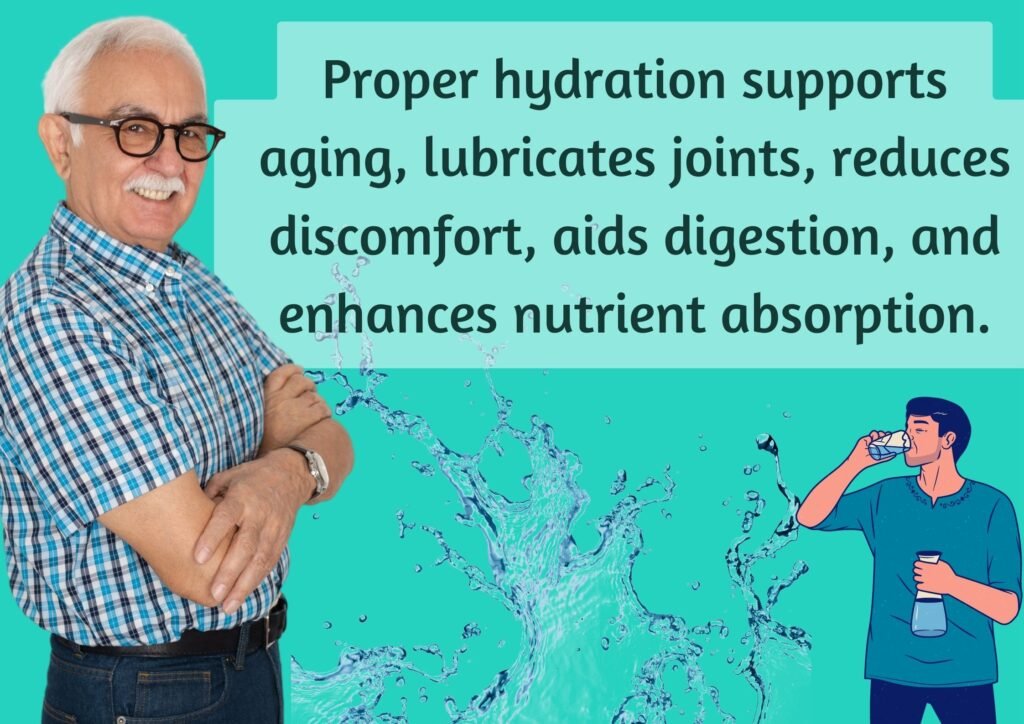
Tips for Staying Hydrated to Boost Brain Health:
- Hydrate consistently throughout the day
- Instead of waiting until you’re thirsty, make drinking water a habit. Keep a water bottle within arm’s reach, and take small sips throughout the day to ensure your brain has a steady supply of hydration.
- Choose water-rich foods
- Foods like watermelon, cucumbers, and oranges are packed with water and can help maintain hydration levels without having to drink a ton of fluids.
- Monitor your intake
- Keep track of how much water you’re consuming. A general rule of thumb is to aim for 8 cups a day, but you may need more depending on your activity level and climate.
Hydration isn’t just about keeping your body functioning — it’s about supporting your brain’s health and ensuring mental clarity well into your later years. By staying hydrated, you’re not only nourishing your body but also your mind, helping to preserve your sharpness, mood, and memory. So, next time you take a sip of water, remember: you’re not just quenching your thirst; you’re nurturing your brain for a healthier, sharper future.
Fact #2: Hydration and Skin Health
Your skin is your body’s largest organ, and just like every other part of your body, it thrives when it’s properly cared for. While moisturizing lotions and potions often get the spotlight, the secret to healthy, glowing skin lies in something much simpler: hydration.
Did you know that dehydration can cause your skin to lose its elasticity, leading to the dreaded appearance of wrinkles, fine lines, and sagging skin? When you’re dehydrated, your skin doesn’t get the nutrients and moisture it needs to maintain its structure and firmness. In fact, studies show that dehydration is a key contributor to the breakdown of collagen — the protein that keeps skin looking youthful and smooth.
But here’s the good news: drinking plenty of water isn’t just a remedy — it’s a preventive measure. Proper hydration helps keep your skin supple, giving it the hydration it needs to stay firm, elastic, and radiant. When your body is adequately hydrated, it can better repair and regenerate skin cells, leaving you with a fresher, healthier complexion.
To help maintain healthy skin hydration, consider these easy tips:
- Enjoy herbal teas
- Green tea and other herbal teas are not only hydrating but full of antioxidants that help protect your skin from damage.
- Moisturize regularly
- While drinking water is essential, applying a hydrating moisturizer locks in the moisture and helps keep your skin barrier intact. Look for moisturizers with ingredients like hyaluronic acid or glycerin, which attract water to the skin.
As we age, our skin loses its ability to retain moisture. The production of natural oils decreases, and the skin becomes thinner and less able to store water. This is why it’s so important to be proactive about hydration. Keeping your skin well-hydrated doesn’t just help reduce dryness and dullness; it helps maintain its barrier function, protecting it from environmental stressors like pollution and sun exposure.
Hydration isn’t just about drinking water — it’s about nourishing your skin from within and creating a protective barrier that keeps it youthful and healthy for years to come.
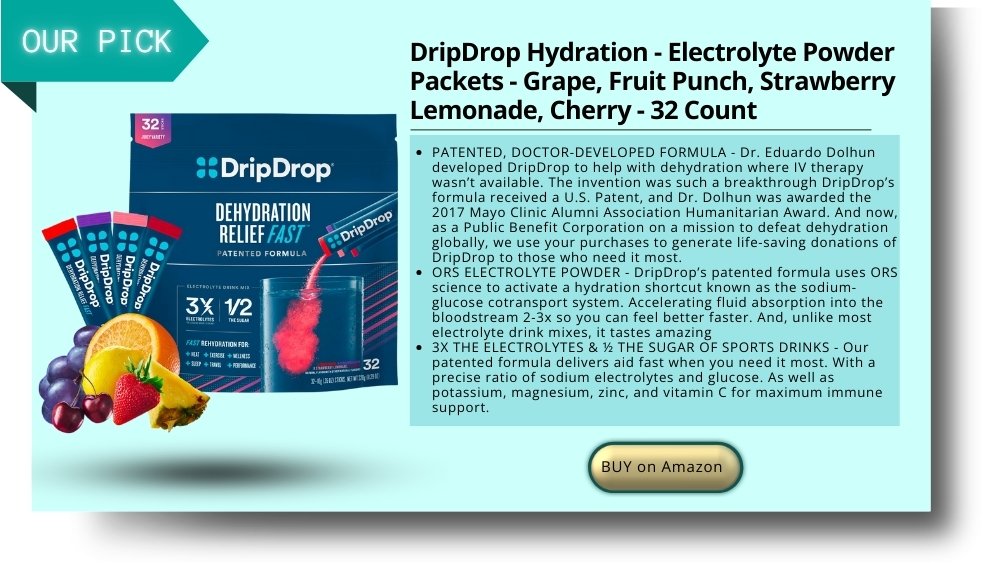
Fact #3: Hydration and Joint Health
As we age, one of the most common complaints we hear is joint pain and stiffness. Whether it’s your knees, hips, or hands, those aches can sometimes feel like an unavoidable part of getting older. But what if we told you that something as simple as staying hydrated could make a big difference in how your joints feel and function?
Water plays a vital role in lubricating the joints, specifically through a substance called synovial fluid. This fluid acts as a cushion between the bones, reducing friction and helping your joints move smoothly. Without enough hydration, the amount of synovial fluid can decrease, leading to increased friction, discomfort, and wear on the joint surfaces. This is when you might start feeling stiffness or even pain, especially after long periods of activity or inactivity.
But it doesn’t stop there. Dehydration can actually exacerbate joint pain and make conditions like arthritis or osteoarthritis worse. When the body is dehydrated, it becomes more difficult for nutrients to be delivered to the joints, which can result in more inflammation, stiffness, and pain. For those already dealing with arthritis, hydration might not cure the condition, but it can certainly help manage flare-ups and reduce discomfort over time.
So, how can hydration help protect your joints, and what are some practical ways to stay hydrated throughout the day? Here are some essential tips for keeping your joints happy and healthy:
- Electrolyte-Rich Drinks
- In addition to plain water, consider drinks that contain electrolytes (think: coconut water, sports drinks with low sugar, or electrolyte tablets in your water). These can help maintain the balance of fluid in your body and support joint function, especially after physical exertion.
- Managing Arthritis with Hydration
- If you have arthritis or other joint conditions, hydration becomes even more important. Proper hydration can help reduce the inflammation that often accompanies arthritis flare-ups. While water alone won’t cure arthritis, it plays a key role in reducing the pain and swelling that can come with it.
Studies suggest that adequate hydration can not only reduce inflammation but may also help slow down the progression of degenerative joint diseases like osteoarthritis. A study published in the Osteoarthritis and Cartilage journal found that dehydrated cartilage could lead to more severe joint degeneration, while those who maintained better hydration levels had healthier cartilage and joints.
While hydration isn’t a cure-all, it’s a simple and effective way to support joint health as we age. By drinking enough water, consuming hydrating foods, and adding electrolytes to your diet, you can help manage joint pain and keep your body moving with ease.
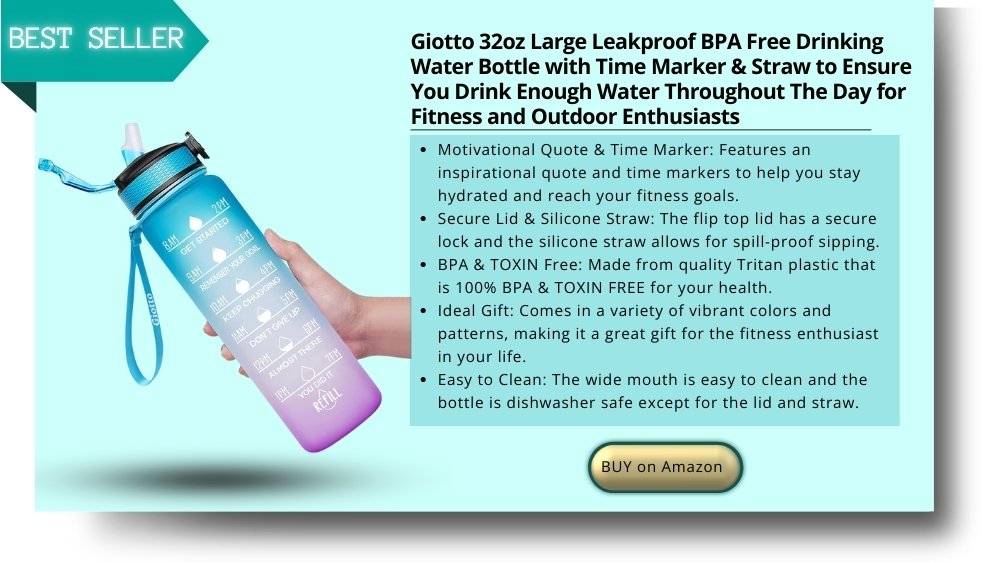
Fact #4: Recommended Daily Water Intake for Seniors
Determining the precise amount of water that seniors should drink daily can be a complex question, as it depends on various factors such as climate, activity level, and overall health. General guidelines from reputable sources serve as a valuable starting point for seniors to maintain proper hydration. As per the National Academies of Sciences, Engineering, and Medicine, adults aged 65 and above should aim for the following daily water intake:
Men should aim to consume around 3.7 liters (or approximately 13 cups) of water daily, while women should aim for about 2.7 liters (or roughly 9 cups) per day. It’s important to note that this recommended intake includes fluids from all sources, including beverages like water, tea, coffee, and other liquids, as well as water content derived from food sources such as fruits and vegetables.
However, it’s essential to consider individual circumstances and adjust water intake accordingly. Factors like climate and physical activity can influence the body’s fluid needs. In hotter climates or during periods of increased physical exertion, seniors may need to consume more water to compensate for fluid loss through perspiration.
Additionally, certain health conditions and medications may affect fluid requirements. Seniors with specific health concerns should consult their healthcare provider for personalized recommendations. To ensure proper hydration for healthy aging, seniors should pay attention to their body’s thirst signals, as well as monitor the colour of their urine.
How to Calculate How Much Water You Should Drink
Calculating how much water you should drink depends on several factors such as your age, weight, activity level, and climate. While individual water needs may vary, there are general guidelines to help you determine an approximate daily water intake.
A widely used method is to adhere to the “8×8 rule,” recommending the consumption of eight 8-ounce glasses of water daily, equivalent to approximately 2 liters or half a gallon. Nonetheless, this recommendation may not be universally applicable. Calculate your ideal water consumption based on your weight. It is recommended to drink 0.5 to 1 ounce of water per pound you weigh. For example, if you weigh 150 pounds, strive to drink 75 to 150 ounces daily (equivalent to 2.2 to 4.4 liters).
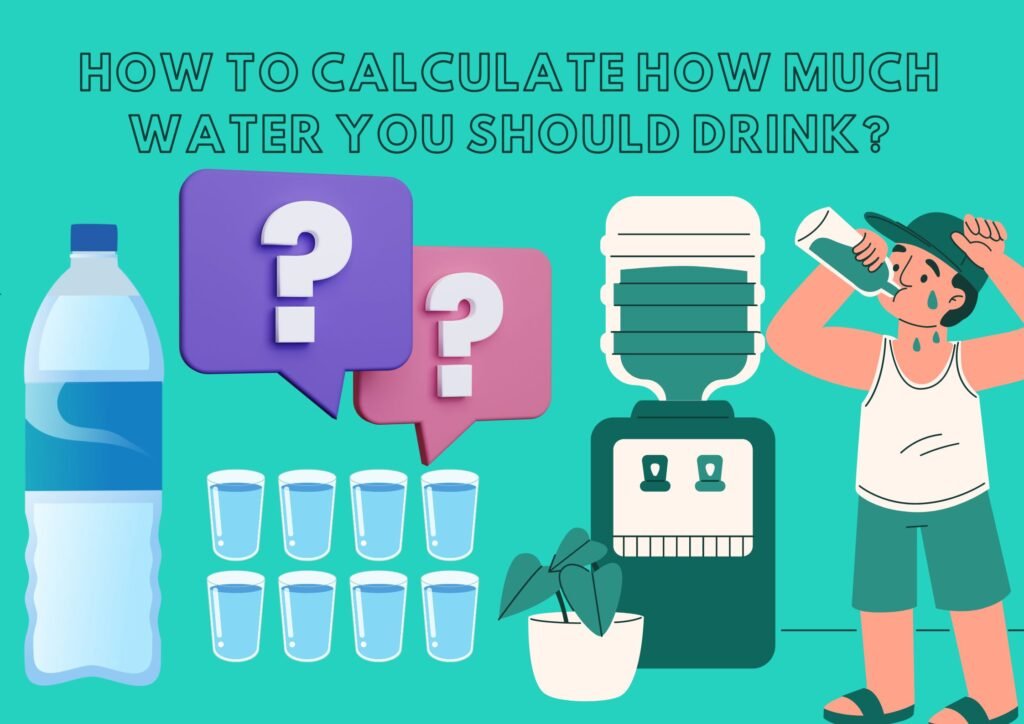
Alongside age and weight, your activity level significantly impacts your necessary water intake. If you participate in physical activity or reside in a warm climate, you should increase your water consumption to offset fluid loss from sweating.
Physical activity and hot weather can lead to increased perspiration, causing the body to lose more water. By adjusting your water intake accordingly, you can replenish the fluids lost during exercise or in high temperatures, ensuring proper hydration and supporting optimal performance and well-being.
Stay mindful of your body’s signals and hydrate before, during, and after physical activity to maintain a healthy fluid balance. It’s crucial to be attentive to your body’s thirst cues and adapt your water consumption accordingly. Sufficient hydration is essential for sustaining overall health and well-being.
Hydration and Medication Management for Healthy Aging
Managing medications is important when talking about hydration for healthy aging. Many common prescriptions for seniors can impact hydration levels, making it crucial to manage water intake carefully.
Understanding the Interaction Between Medication and Hydration
Medications That Affect Water Balance: Many medications prescribed to seniors, like diuretics or blood pressure pills, can increase urine output or alter fluid retention. This can quickly lead to dehydration if not monitored closely. It’s important to any hydration for healthy aging considerations to be aware of these effects and adjust water intake accordingly.
Enhancing Medication Efficacy with Proper Hydration:Hydration for healthy aging can also influence how effectively medications work. Some drugs need a certain level of hydration to be absorbed properly by the body. Ensuring you are well-hydrated means your medication can do its job better, helping you maintain your health as you age.
Tips for Managing Hydration with Medication:
- Check with Healthcare Providers
- Always consult with your doctor or pharmacist to understand how your medications might impact your hydration needs.
- Monitor Your Hydration Levels
- Keep an eye on signs of dehydration, such as dark urine or increased thirst, especially when starting a new medication.
- Adjust Fluid Intake as Needed
- Depending on your medication regime, you may need to drink more water to counteract the effects of your medications.
By understanding the relationship between hydration and medication management, seniors can better safeguard their health, ensuring medications work effectively while supporting overall hydration for healthy aging. This proactive approach contributes significantly to a more vibrant and fulfilling life in the golden years.
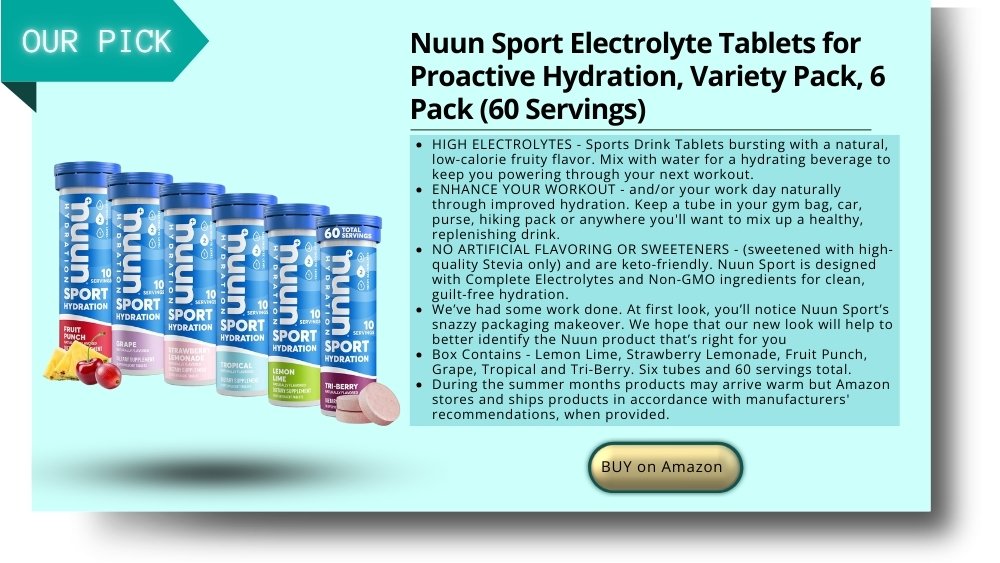
Wrapping It Up
Proper hydration is crucial for healthy aging, and seniors should focus on increasing their water intake to experience a wide range of benefits. Adequate hydration for healthy aging not only supports overall well-being but also has a significant impact on various aspects of senior health.
Proper hydration is essential for healthy aging, benefiting body temperature regulation, joint lubrication, digestion, and cardiovascular support. Seniors focusing on hydration may enjoy better digestion, less joint pain, increased energy, and improved heart and vascular health.
By recognizing the significance of hydration for healthy aging and actively striving to meet their daily water intake requirements, seniors can enhance their quality of life and promote healthy aging.
Prioritizing hydration for healthy aging is a simple yet powerful way to optimize cognitive function, support physical well-being, maintain cardiovascular health, and preserve kidney function. It is an essential component of a holistic approach to aging gracefully and living life to the fullest in the golden years.
Frequently Asked Questions
- What are some ways to make drinking water more enjoyable?
- Staying hydrated can be more appealing with a few creative approaches. Infuse water with fresh fruits like lemons or strawberries and herbs like mint to add flavor and aroma. Incorporate water-rich foods such as cucumbers, watermelon, and soups into your meals for additional hydration.
- Keeping a refillable water bottle handy and exploring alternatives like flavored sparkling water or low-sugar sports drinks can prevent monotony. Establishing a routine, like drinking water at specific times, makes hydration an effortless and enjoyable habit.
- What should you consider when consuming beverages like alcohol, coffee, and tea in relation to hydration?
- Certain popular beverages like alcohol, coffee, and tea can affect hydration levels and should be consumed mindfully. Alcohol acts as a diuretic, encouraging fluid loss, so balancing it with water and limiting intake is key to maintaining hydration. Coffee and tea, while less dehydrating, have mild diuretic effects and shouldn’t replace water in your daily fluid intake. By understanding how these drinks impact hydration, you can make better choices to stay refreshed and healthy.
- How can I make drinking water a habit?
- Link your water consumption to routine daily activities, turning it into a regular, healthy practice.
- When should I drink water during the day?
- Aim to drink water at consistent times, such as when you wake up, after meals, and before or after physical activities.
Disclaimer
The content provided on MySeniors.World is for informational purposes only and is not intended as either financial or medical advice. Always consult a qualified professional before making any investment or health-related decisions.
Posts may contain affiliate links, meaning we earn a commission – at no additional cost to you, if you click through and make a purchase. Your support helps us continue providing valuable content.



